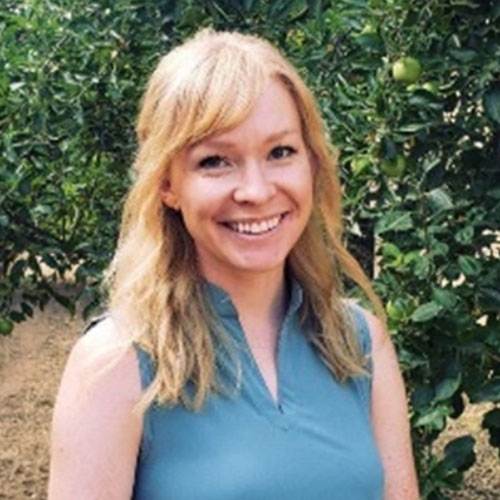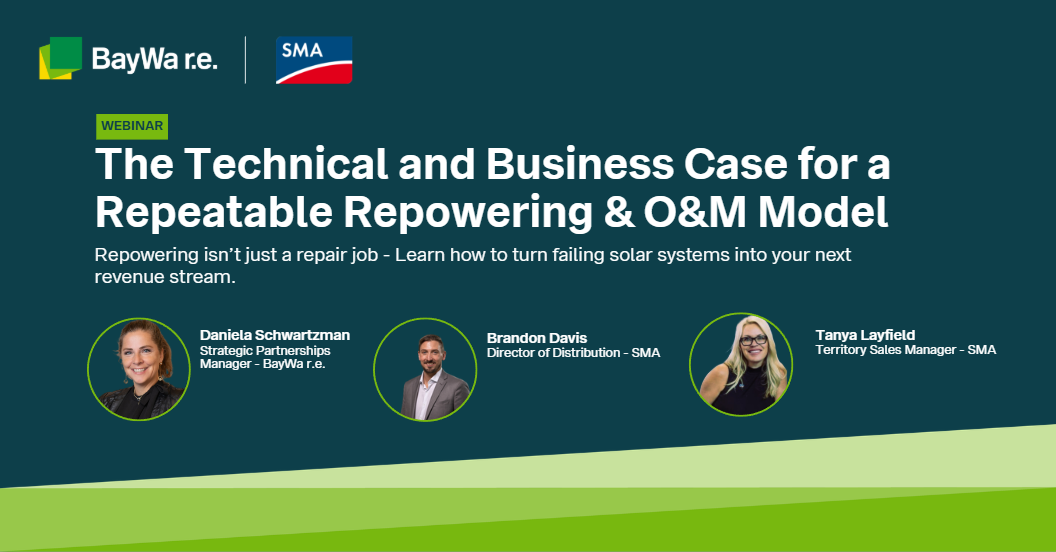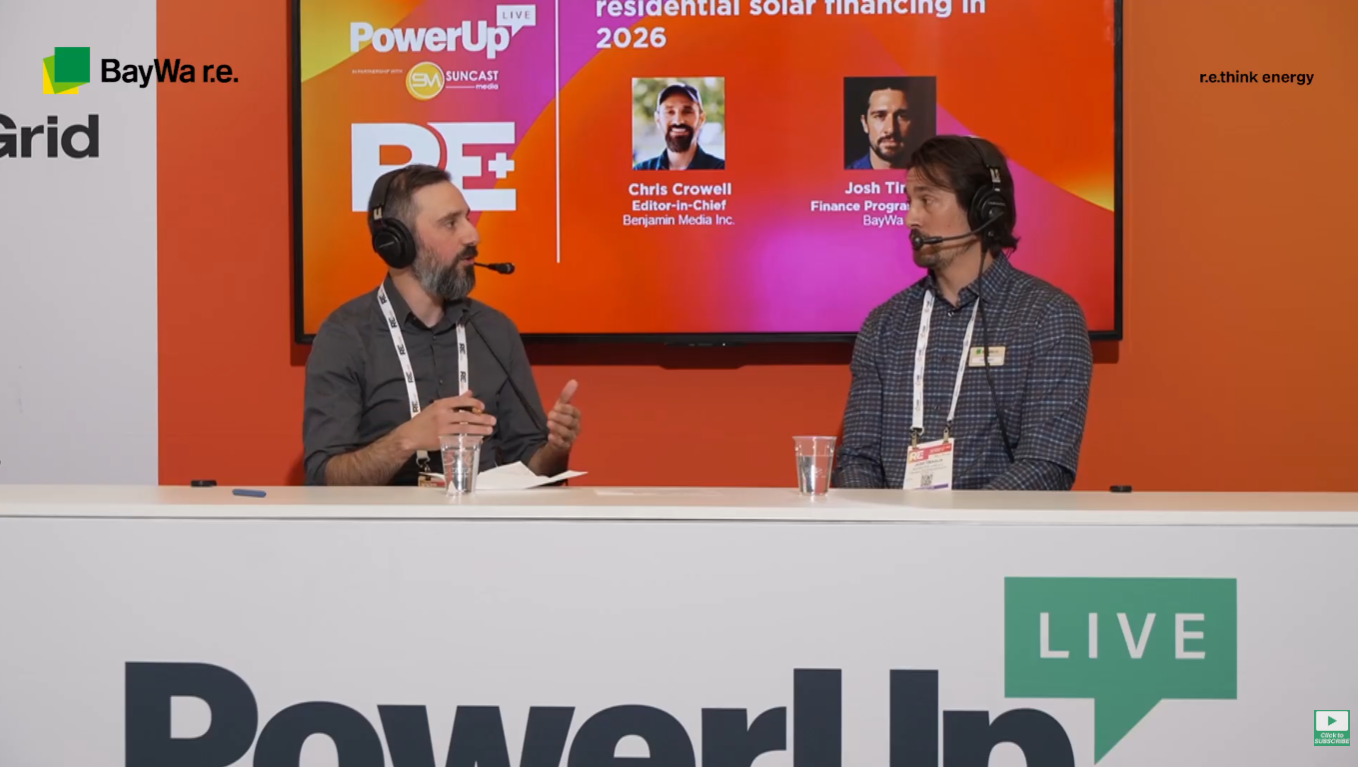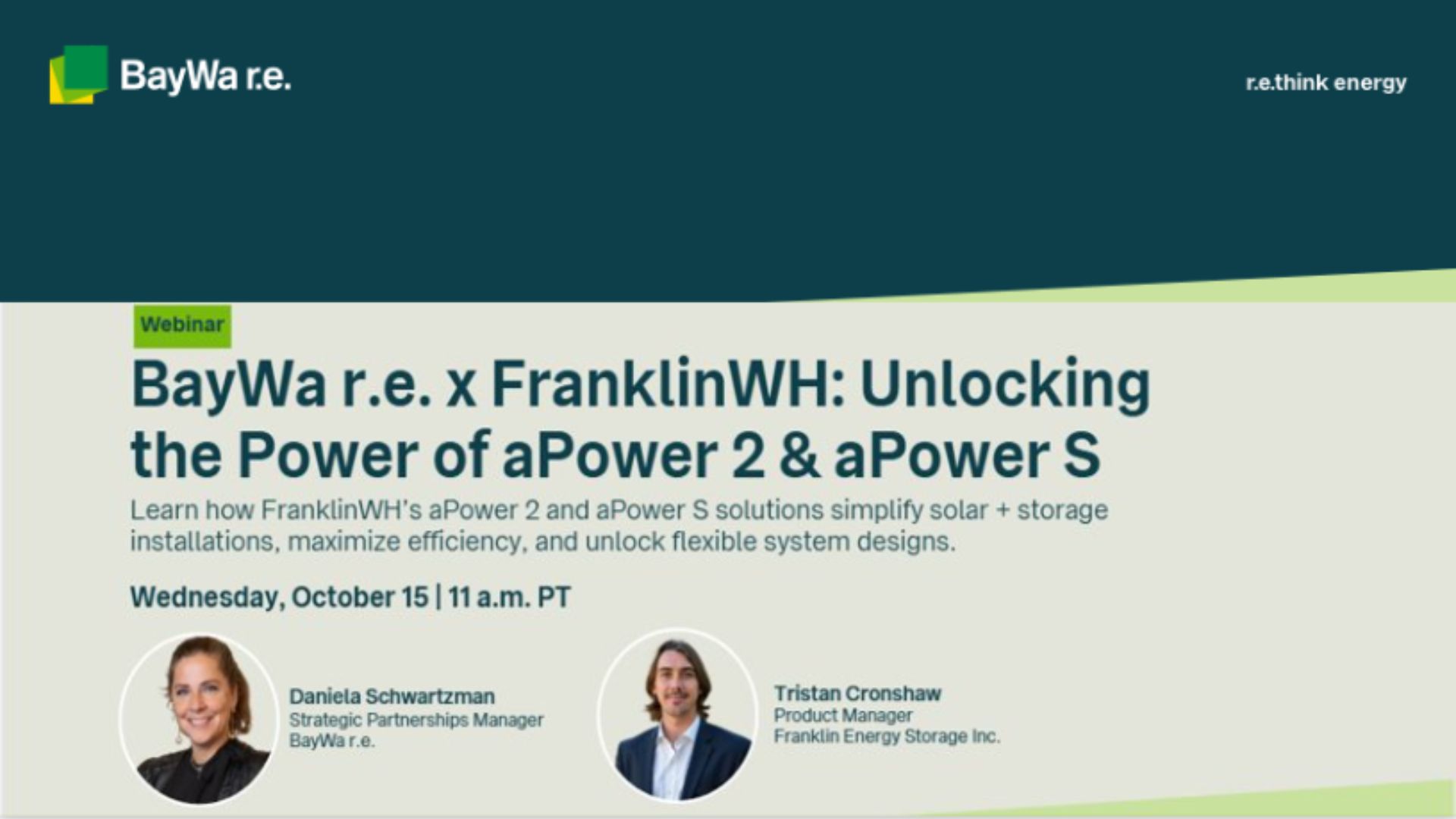We have been kicking around the idea of healthy dissent for a while now, and the topic is ever timelier with the recent passing of Justice Ruth Bader Ginsburg. RBG is widely known for her dissent in the supreme court and her enduring friendship with Justice Scalia who frequently had an opposing point of view.
So, what is healthy dissent? At BayWa r.e., we define it as being able to listen to another person’s point of view, better understand their perspective, and (if needed) offer a reasoned opinion that is different.
Healthy dissent is not just disagreeing or petulantly crossing your arms, refusing to do work because you don’t like it. Heathy dissent is a conversation – “Here’s what I hear you saying, and here are my concerns with that approach. I would suggest doing it this way and for these reasons.”
Here are ways that we practice dissent at BayWa r.e.:
1. Role modeling at the leadership level
If leaders in the organization do not listen to, or ask for, the opinions of those around them, people are less likely to share—and even less likely to voice disagreements. Because of the power dynamic, it can feel uncomfortable disagreeing with someone in a leadership position, which is why it’s essential for leaders to show that diverse opinions are welcomed and valued.
2. Actively ask for different opinions
When presenting an idea in meetings, invite others to poke holes in it. Explicitly asking, “What concerns do you have about this approach?” or “Can someone argue against this approach so we can test its validity?” invites the entire team to participate.
Another option is to ask two individuals on the call to argue opposite sides of the conversation.
3. Practice reflection
Deep listening—in order to truly understand someone else’s viewpoint—is a skill. We work on building this skill by practicing reflection. For example, whenever a reporting relationship changes, the People Experience Team facilitates a call between the employee and manager where both parties are encouraged to share their hopes, fears, and expectations, related to the new reporting relationship.
One person begins by sharing their hopes, and the other person reflects by saying, “what I heard you say is____. Is that correct?” Then we switch roles and repeat the process. This is an active listening exercise where employees practice hearing what someone is saying without trying to fix, justify, explain, or think of a counterargument while the other person is talking.
4. Create space for debate
Jodi White, our CFO, facilitates weekly “Learning is Fun” meetings. These calls cover a number of topics, but recently she began focusing on debate, as a topic. The debate topics aren’t work-related— “Should the economy shut down or remain open?” for example. Or “Can you separate the art from the artist?” But these questions encourage the group to think about different perspectives. The theory is, if we can build this dissenting muscle when the stakes are low, it’s easier to use it when the stakes are high.
We do this work because practice makes progress. It’s also important that as an organization, as teams, and as individuals, that we strive to do the best work that we can. Because we are in pursuit of quality work, we want employees to share diverse perspectives, challenge each other’s mental models, and continue to learn so that we can work towards stronger outcomes.

BayWa r.e. Solar Distribution supplies residential and commercial solar installers in the United States with quality solar + storage components, forecasting, business planning advice, and a community of experts. Visit www.solar-distribution.com to engage with our team, read our industry insights articles, and stream our Solar Tech Talk podcasts and recorded webinars on YouTube and Spotify. Follow us on LinkedIn and Facebook to stay connected. Ask us about our Financing Program and use our industry-leading Webstore to save time, get gear shipped, and get jobs done!
Part of the BayWa r.e. Global family of renewable energy companies.




